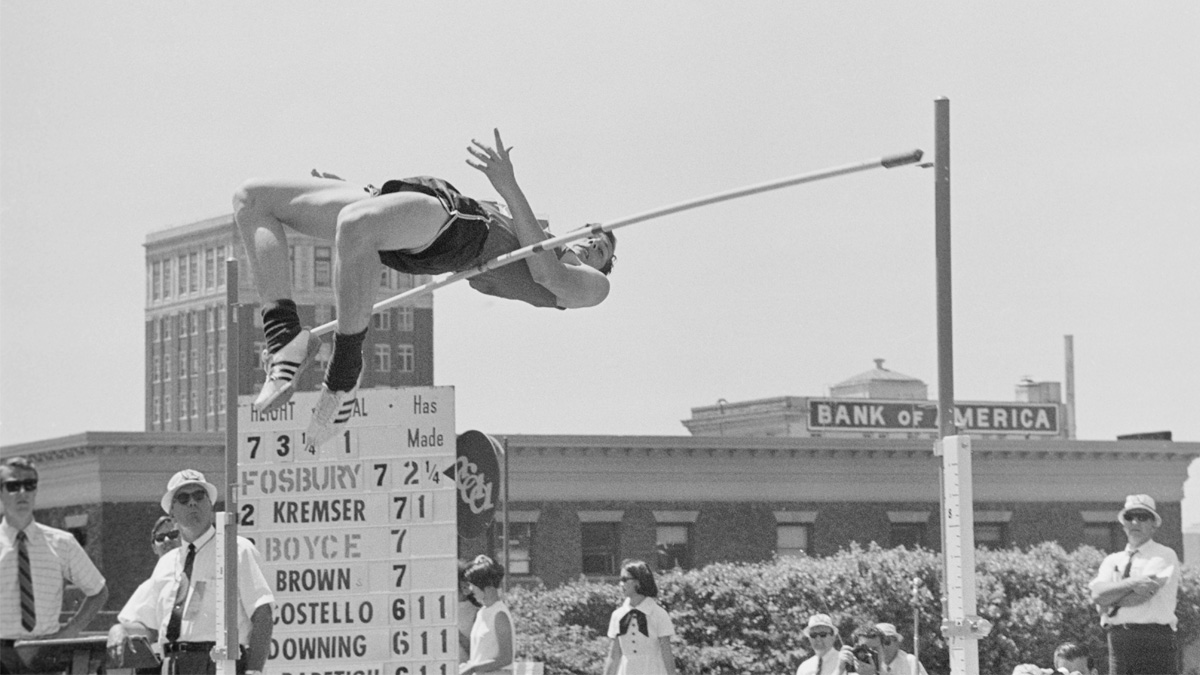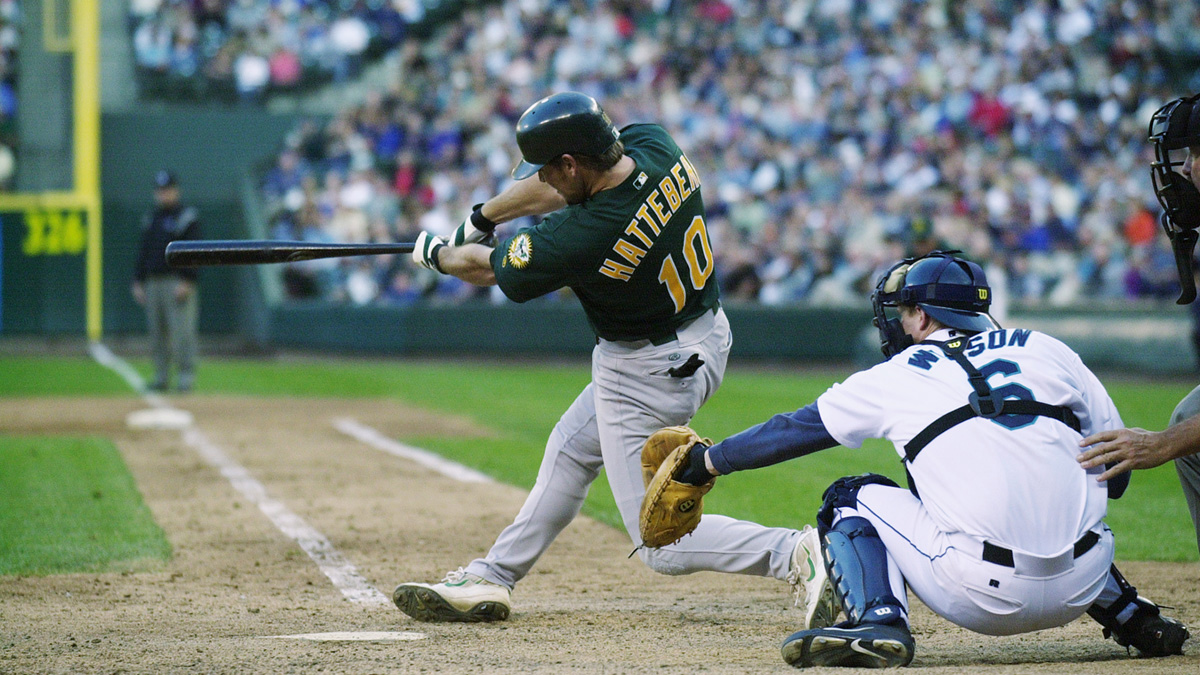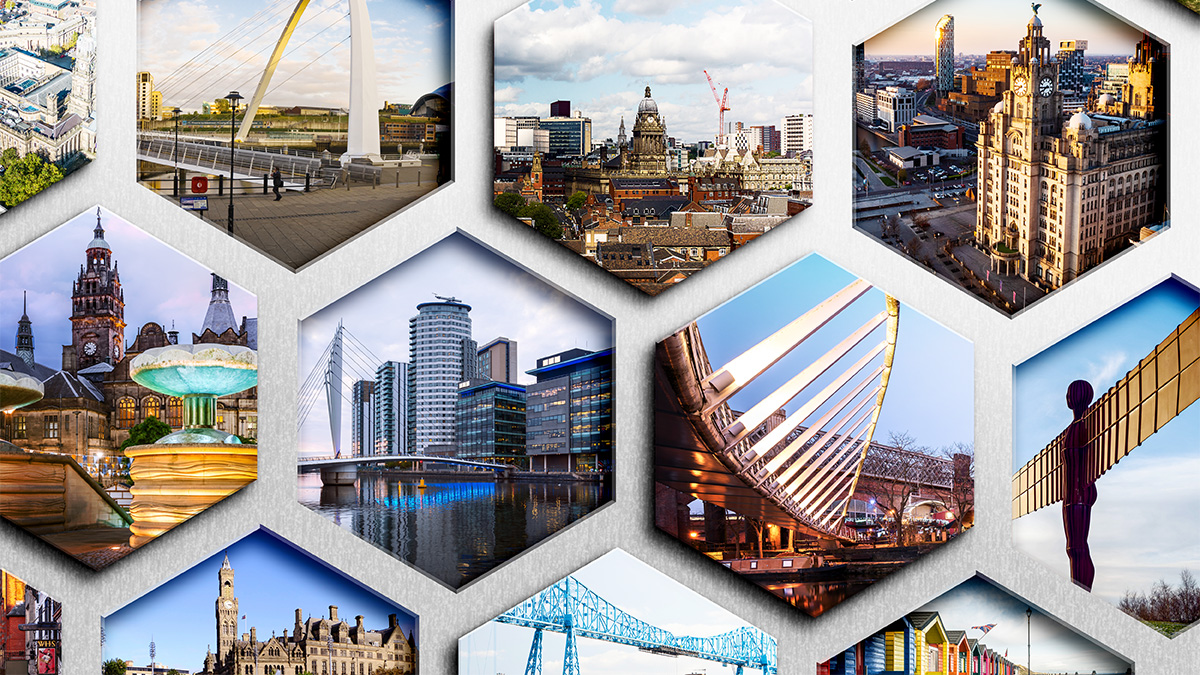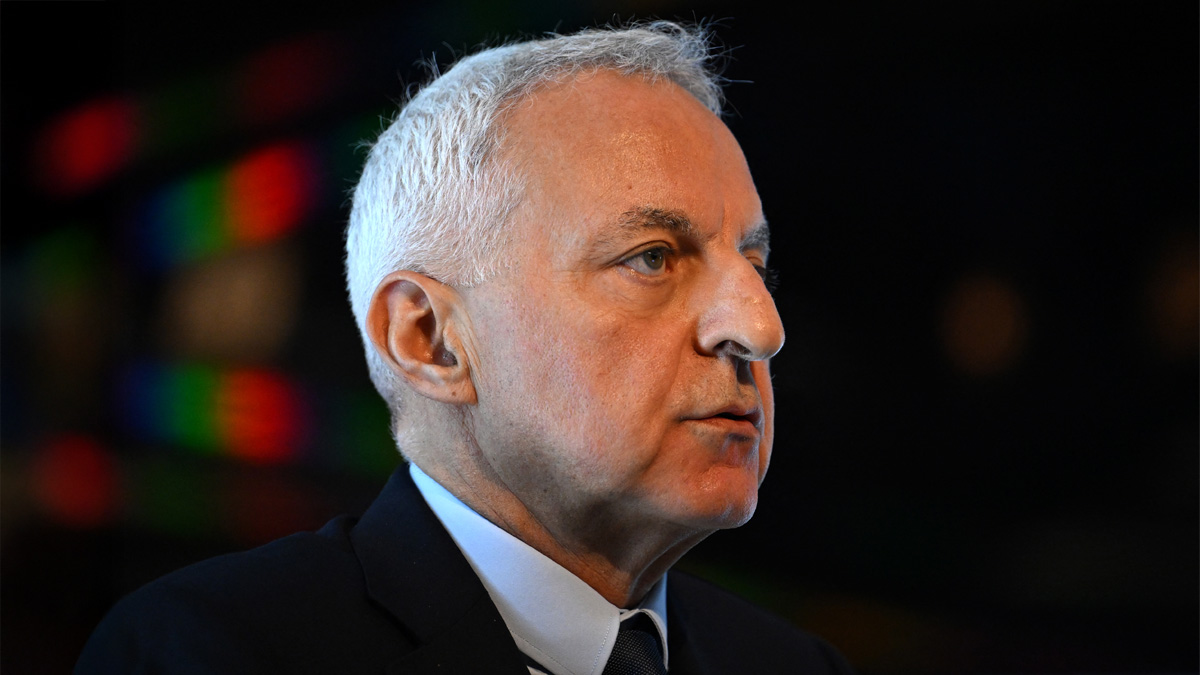
Two of my favourite novels are written in verse – in fact, in sonnets. They are Alexander Pushkin’s Eugene Onegin and Vikram Seth’s The Golden Gate. I often take one or both paperbacks on family summer holidays, for the very practical reason that even one stanza – snatched before being dunked into a swimming pool – will transport you to another world of wit, mischief and style.
I’m in awe of each writer’s technical mastery of form. Writing one decent sonnet is hard enough. Now imagine writing 389 or 590 of them, cumulatively building a novel that seems to live independently of the remarkable conditions of its existence. Each writer expanded their self-imposed challenge to the maximum level, like a surfer hunting for the near-impossible wave.
But in both verse-novels, technique isn’t the point. The story is. And the characters, far from being imprisoned inside a dazzling literary form, come alive. That’s the compound win here. The reader, by caring about the story, partially suspends amazement at the writer’s skill, which in turn deepens what the writer has achieved.
In short, the books induce in me the feeling JM Coetzee described while watching Roger Federer play tennis: “One starts by envying Federer, one moves from there to admiring him, and one ends up neither envying nor admiring him but exalted at the revelation of what a human being – a being like oneself – can do.”
Hold that in your mind while considering what AI can and cannot do. When ChatGPT was launched in late 2022, I remember a leading AI researcher testing it out with me by asking the AI engine to convert the theme of the academic conference we were both attending into a sonnet. Seconds later, it had competently “versified” the event.
A minute ago, I prompted ChatGPT to “describe the game of cricket in sonnet form”, which it answered in a couple of seconds, rounding off with this couplet:
Though slow to some, to those who love its art –
Cricket is war and poetry at heart.
Whatever your view of AI, it’s hard to pretend that the two lines are a hopeless failure. The point is obvious. Turning existing knowledge accessed through the vast footprint of the internet into something that can be passed off as poetic is now all too easy for anyone with access to the web.
But the associated point is almost as obvious and much more important. What makes a novel or a poem successful is the opposite of existing knowledge. True creativity is exactly that: creating something that did not, and could not, have existed before because it was derived from human imagination, at the least, or human genius, at the greatest.
AI can’t create a character such as Pushkin’s Eugene, who is so deliciously worldly and amused until he realises what he’s lost and will now never have. Only Pushkin could.

When its advocates argue that AI-generated content – a term that now requires a health warning – is at least as popular with readers (we could substitute the term consumers to bring home the concept), they are missing the point. Popular for how long?
Briefly popular and then forever forgotten, like a TV soap opera, is one thing. Art that endures because it reveals truths about human nature in a unique way is entirely different. AI will never master achieved art for one very simple reason: art doesn’t aggregate and condense existing data; it creates something new.
The same principle applies in other spheres. AI can help a sports team to think about talent identification and how it should arrange its playing resources to increase collective effectiveness. But AI can’t invent Total Football, which was a complete reimagining of how football could be played, because AI doesn’t do paradigm shifts. AI can tell you everything you need to know about a Fosbury flop. But without Dick Fosbury, it has no story to tell.
None of which invalidates the real value AI can bring. In my work today in professional football, Palantir’s data and AI platform Foundry facilitate some of the analytical tools at our disposal. Thirty years ago, traditional data analytics provided progressive sports clubs with an edge – loosely, we could call it the “Moneyball” era.
That edge is now migrating to AI. And even if sports teams aren’t yet landing the full influence of the AI tools under development, being near the forefront of the AI revolution will provide vital familiarity with the two central (and intertwined) questions that will define how strategic thinking evolves. First: how do human and artificial intelligence work together most effectively? Second, where should the smartest humans dedicate their time and attention?
When you’re wrestling with what AI can do, you are inevitably and unavoidably weighing up what only humans can do. The value in that dual inquiry is hard to quantify. Leaders in most industries waste huge amounts of time in low-level and ultimately insignificant activities. The paradox of AI is that it should free up their time so they can do more creative and strategic thinking.
Humans should trust themselves to bring the human bits. In fact, increasingly that’s what we will exist to do. To bring value in the age of abundant machine learning, we will have to train our least machine-like patterns of thought.
Last summer’s laconic Pet Shop Boys hit put it best: “I need to find a new Bohemia.”
Related and recommended

A closer look at the Northern companies turning artificial intelligence into measurable business results

Leaders must realise the tech revolution can achieve its full potential only when human values remain central to change

Many argue the five-day week is no longer fit for purpose, but can a four-day week really work for businesses?

From Rolls-Royce to Marks & Spencer, these CEOs show how decisive leadership can transform Britain’s biggest companies

